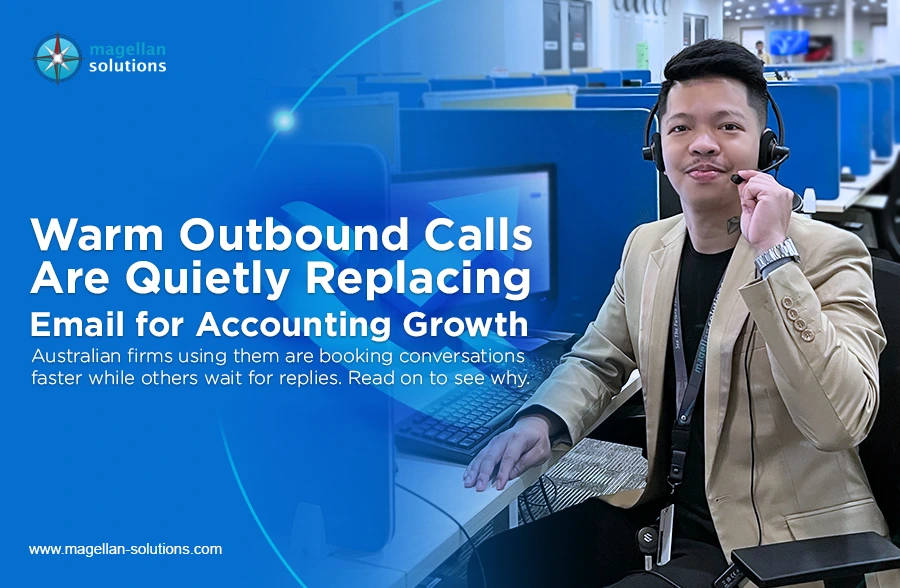Schedule a FREE call with our outsourcing expert now and get a precise quotation that meets your requirements. Don't wait - get started today!
Did you know companies with highly engaged employees are 21% more profitable than those with lower engagement? This finding from Gallup’s State of the Global Workplace report highlights the critical role that leadership and employee engagement play in driving business success.
As leadership expert John C. Maxwell says, “Leadership is not about titles, positions, or flowcharts. It is about one life influencing another.” This emphasizes that effective leadership and a strong culture of engagement can decide between success and failure in today’s dynamic business landscape.
Want to learn how top-performing businesses boost their profits through better leadership and employee engagement? Discover the proven strategies that have a significant impact that may transform your workplace and drive remarkable results.
The Importance of Leadership in the Workplace
Leadership is influencing and guiding individuals or teams toward achieving a common goal. Effective leadership inspires, motivates, and empowers employees, creating an environment where each team member can thrive. Leaders set clear expectations, provide support, and foster a learning and development culture.
Impact of Leadership on Business Success
Strong leadership is directly linked to organizational success and significantly impacts employee engagement. Leaders set the tone for the workplace culture, influence employee behavior, and drive the company’s vision and mission forward. When leaders are effective, employees are more likely to be motivated, productive, and committed to their work.
However, poor leadership can have detrimental effects, leading to low morale, high turnover rates, and decreased productivity. Understanding the impact of poor leadership is crucial, and striving to avoid such pitfalls to maintain an engaged team.
Key Leadership Qualities
Effective leadership is essential for driving a company’s success. This section will explore the fundamental qualities that make a leader impactful, guiding their teams toward achieving organizational goals.
-
Communication Skills
Effective leaders are excellent communicators. They ensure that their team members understand the company’s goals and expectations and their role in achieving them. Open and transparent communication fosters trust and collaboration.
-
Empathy
Empathetic leaders understand and consider their employees’ feelings and perspectives. This helps build strong relationships and creates a supportive work environment where employees feel valued.
-
Decisiveness
Leaders must be able to make timely and well-informed decisions. Decisiveness is crucial in driving the organization forward and meeting goals.
-
Adaptability
Leaders must be able to adapt to changing circumstances. They must be flexible and receptive to new ideas and approaches to enhance engagement and overall performance.
The Role of Employee Engagement
Employee engagement refers to employees’ emotional commitment towards their organization and its goals. Engaged employees are passionate about their work, feel valued, and are motivated to contribute to the organization’s success. They are likelier to go above and beyond their responsibilities and remain loyal to the company.
Why Employee Engagement Matters
Employee engagement is key to productivity, job satisfaction, and overall workplace success. Engaged employees are more likely to be innovative, collaborate effectively with their colleagues, and deliver high-quality work. Companies with high levels of engagement experience lower absenteeism, reduced turnover rates, and higher customer satisfaction.
Factors Influencing Employee Engagement
Employee engagement is shaped by several key factors that determine how invested and committed employees feel toward their work and the organization. Understanding these factors is crucial for fostering a more engaged and motivated workforce.
Recognition and Appreciation
Employees who feel recognized and appreciated for their contributions are likelier to be engaged. Regularly acknowledging employees’ efforts and achievements fosters a sense of belonging and motivates them to perform at their best.
Opportunities for Growth
Providing employees with opportunities for professional development and career advancement is crucial for engagement. When employees see a clear path for growth within the organization, they are more likely to be committed and motivated.
Work-Life Balance
A healthy work-life balance is essential for employee engagement. Companies that prioritize work-life balance by offering flexible work arrangements while providing sufficient time for learning and developing skills tend to have more engaged and satisfied employees.
Strong Leadership
As mentioned earlier, effective leadership plays a significant role in employee engagement. Leaders who are supportive, approachable, and actively involved in their employees’ development contribute to a more engaged workforce.
Strategies for Enhancing Leadership and Employee Engagement
Implement strategies that strengthen leadership and employee engagement to create a thriving workplace. This section outlines practical approaches companies can adopt to improve these critical aspects of workplace success.
1. Foster a Positive Work Culture
A positive work culture is the foundation for strong leadership and employee engagement. Companies should strive to create an environment where employees feel valued, respected, and supported. This can be achieved by promoting open communication, encouraging collaboration, and recognizing employees’ contributions.
2. Invest in Leadership Development
Investing in leadership development is crucial for enhancing workplace success. Companies should provide ongoing training and development opportunities for their leaders to help them refine their skills and stay updated on best practices. Leadership development programs can include workshops, mentorship, coaching, and online courses to improve engagement and leadership effectiveness.
3. Encourage Employee Participation
Encouraging employee participation in decision-making processes is an effective way to boost engagement. Employees who feel that their opinions and ideas are valued are more likely to be committed to their work. Companies can create opportunities for employees to contribute by involving them in team meetings, brainstorming sessions, and project planning.
4. Provide Regular Feedback
Regular feedback is essential for both leadership and employee engagement. Leaders should provide constructive feedback to their team members to help them improve and grow. At the same time, employees should be able to provide feedback to their leaders and the organization. This two-way feedback loop fosters a culture of continuous improvement and accountability.
5. Recognize and Reward Employees
Recognition and rewards are powerful tools for enhancing employee engagement. Companies should implement a recognition program that celebrates employees’ achievements, both big and small. This can include employee of the month awards, performance bonuses, or simple thank-you notes. Publicly acknowledging employees’ contributions boosts morale and motivates them to continue performing at a high level.
6. Promote Work-Life Balance
Promoting work-life balance is essential for maintaining employee engagement. Companies should offer flexible work arrangements, such as remote work options, flexible hours, and generous paid time off. Encouraging employees to take breaks and prioritize their well-being can increase productivity and job satisfaction, ultimately improving the overall employee experience.
7. Lead by Example
Leaders should lead by example and embody the values and behaviors they wish to see in their employees. When leaders demonstrate integrity, transparency, and a strong work ethic, they inspire their team members to do the same. Leading by example also builds trust and credibility, which is essential for effective leadership and engagement.
By implementing these strategies, organizations can create a workplace where leadership and employee engagement thrive, leading to better performance, innovation, and long-term success. Remember, the journey to enhance leadership and employee engagement is ongoing, requiring continuous effort and commitment from all levels of the organization.
Magellan Solutions Will Help Strengthen Leadership and Employee Engagement!
Ready to transform your workplace and drive remarkable results? Magellan Solutions has been helping businesses boost their leadership and employee engagement for years. Our proven strategies can significantly impact your organization’s success. Don’t let poor leadership and disengaged employees hold your company back.
Contact us today to discover how we can enhance your leadership effectiveness, improve employee engagement, and ultimately increase profitability.















